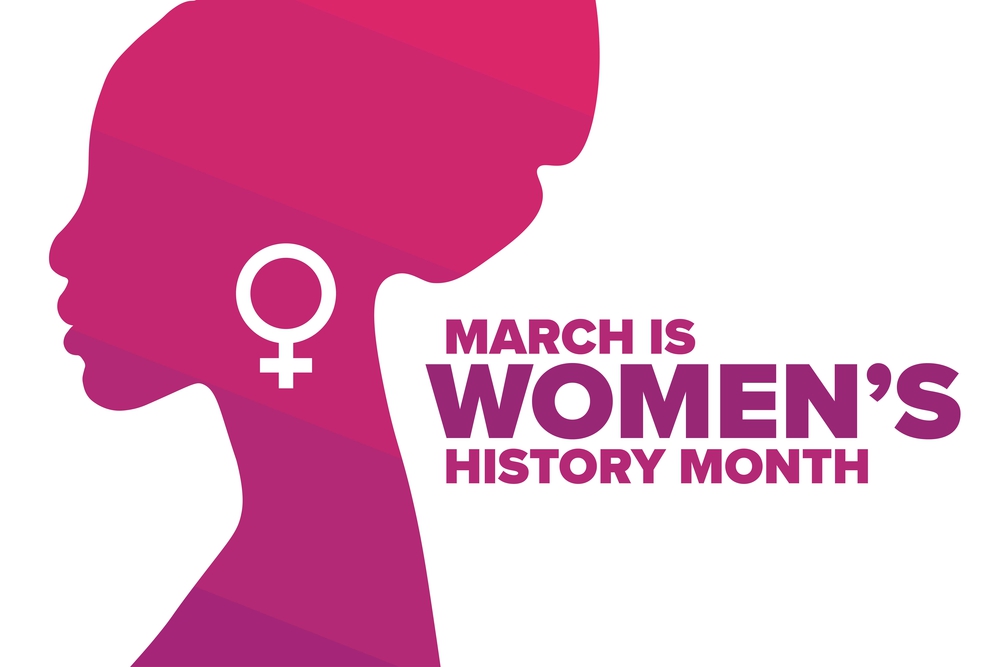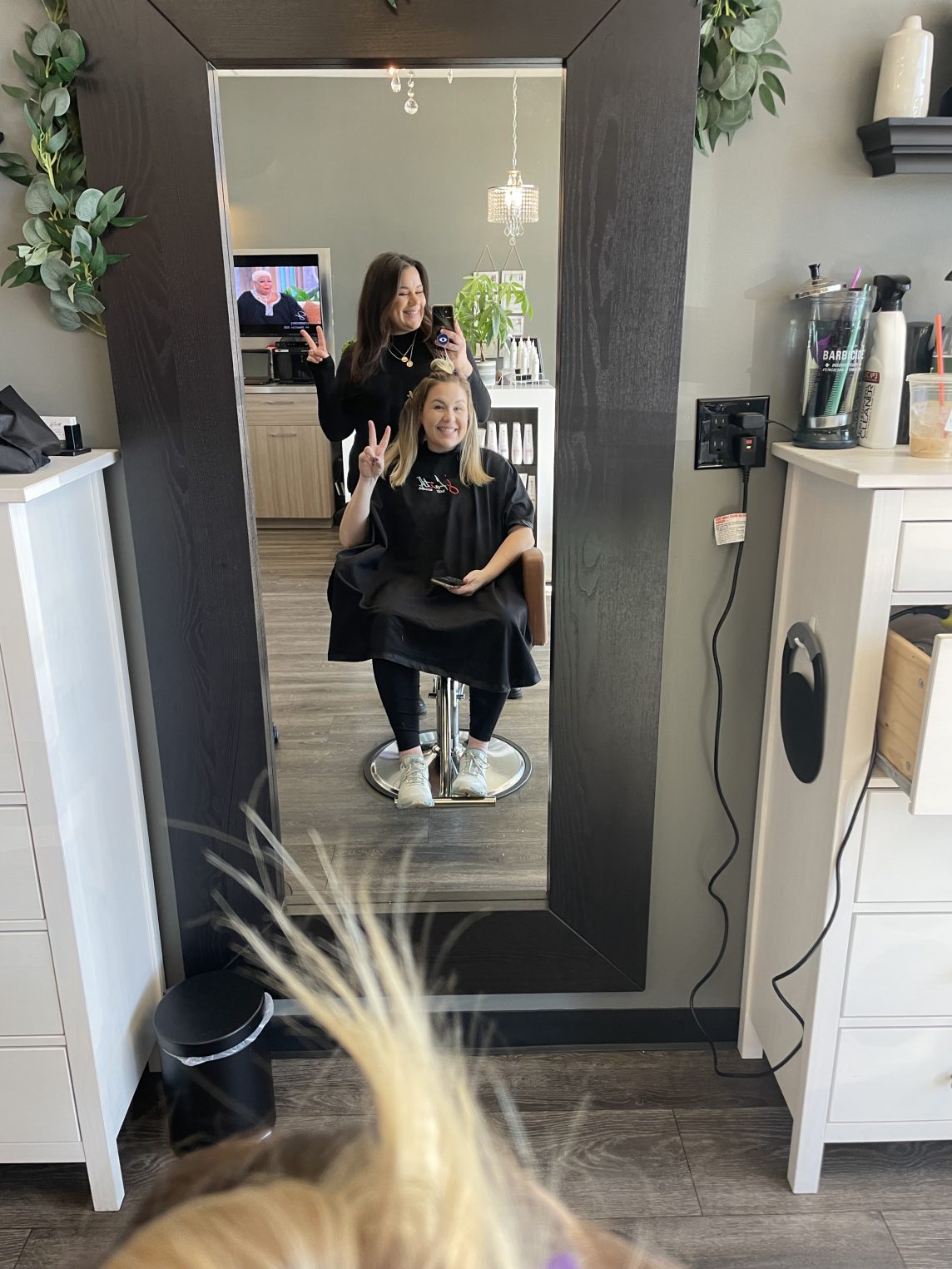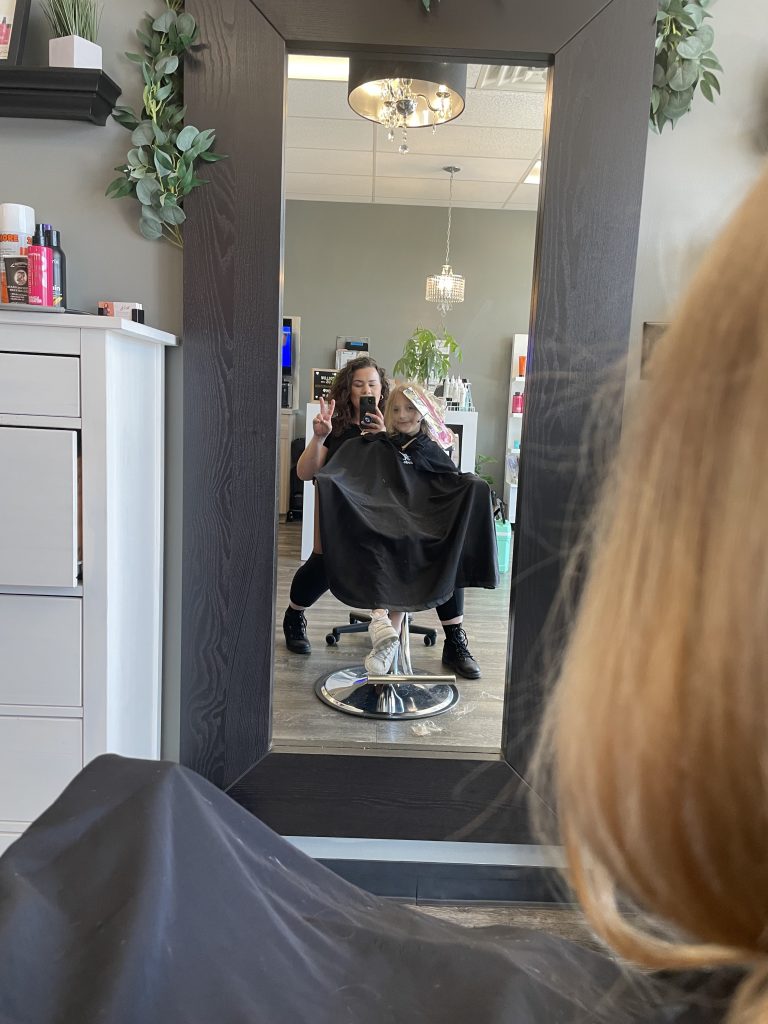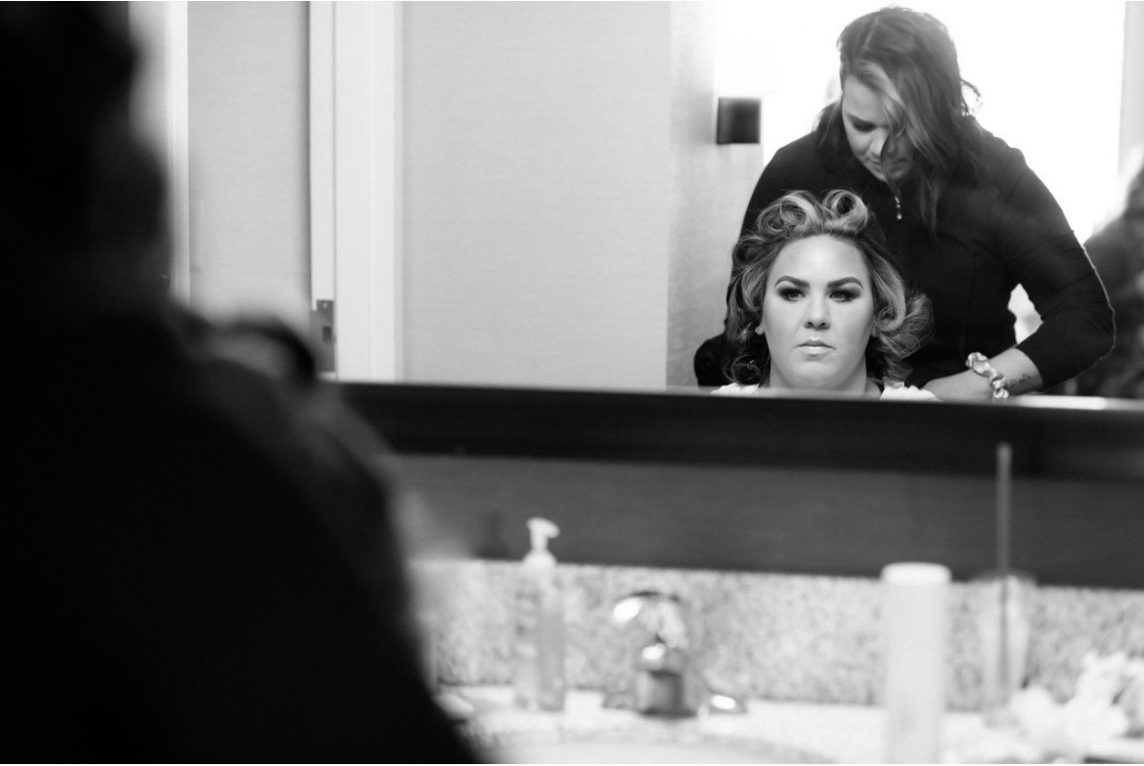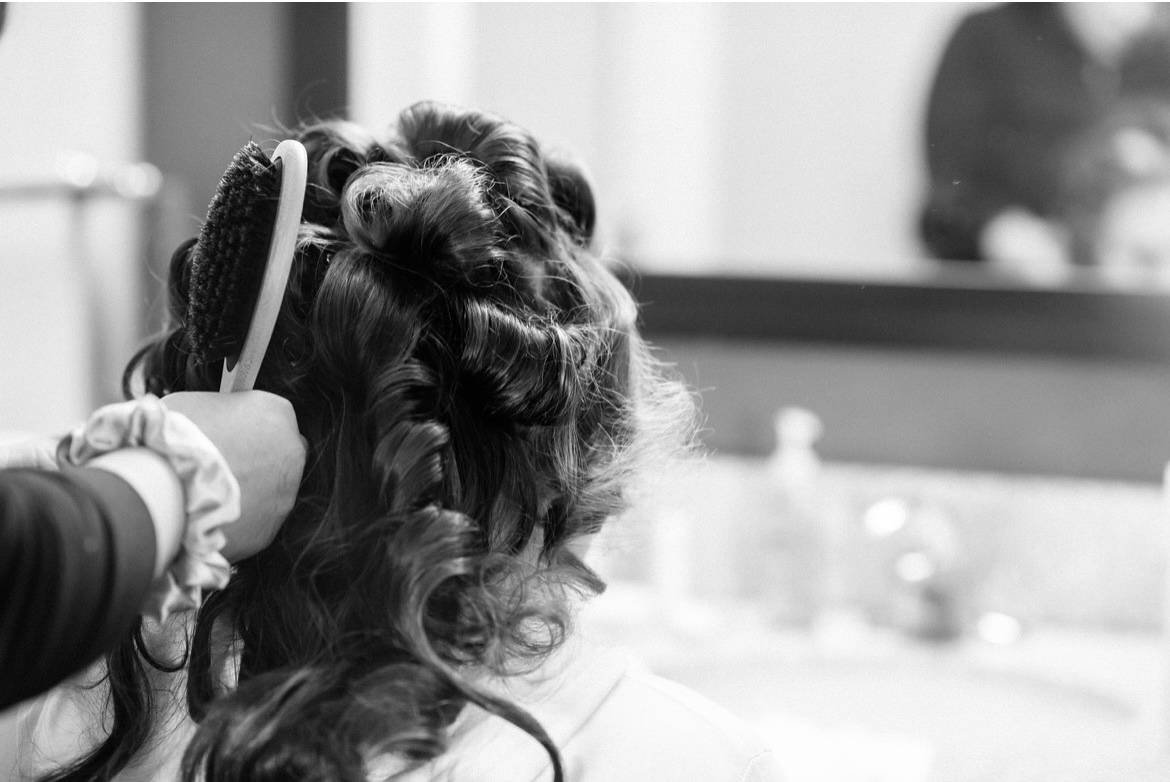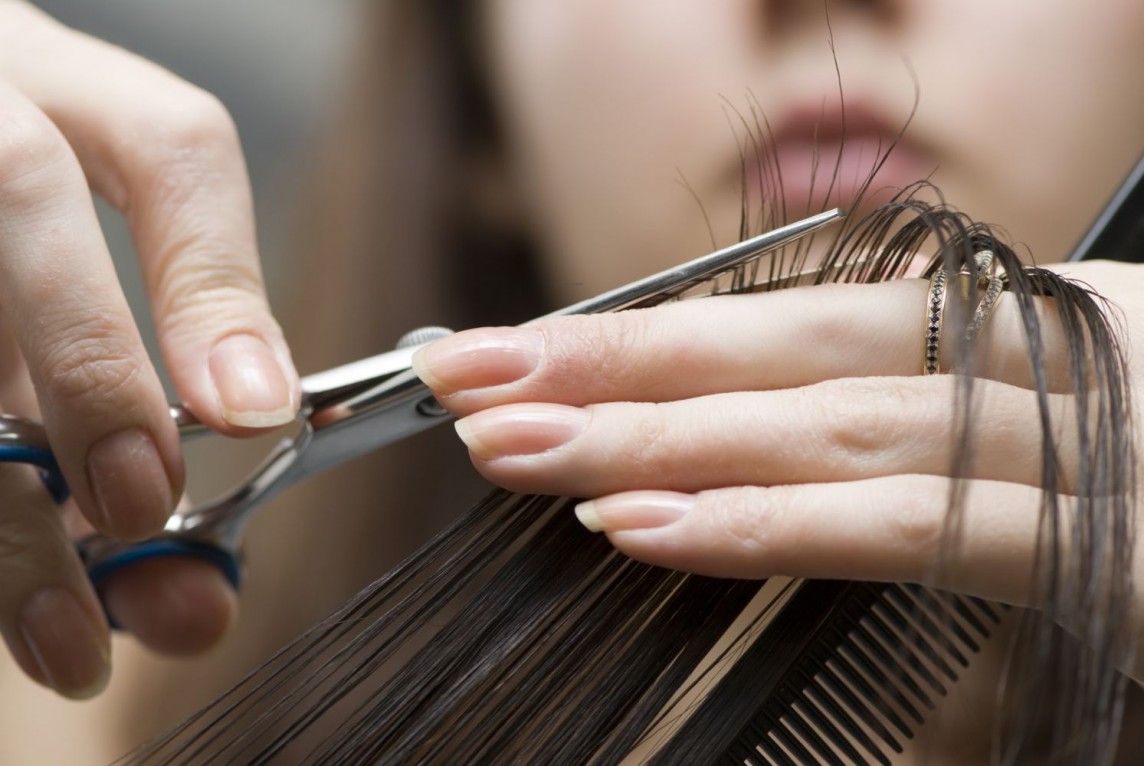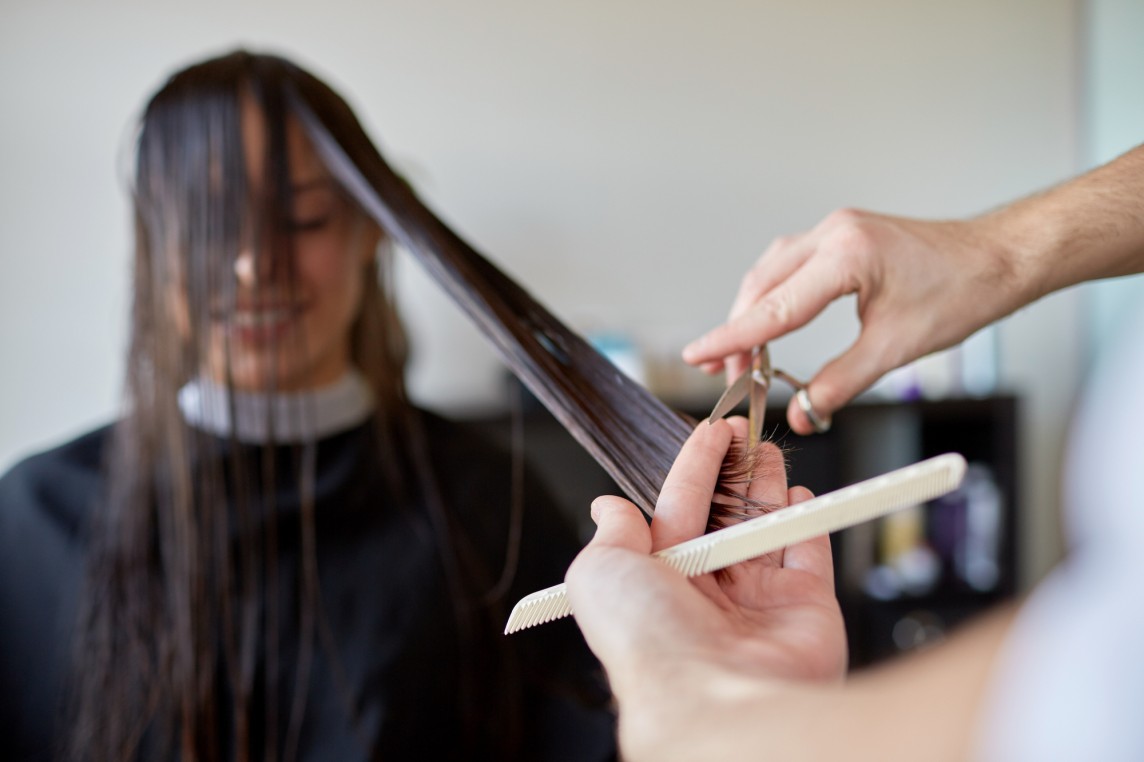A year ago, I made the bold decision to eliminate gratuity at my salon, creating a new approach to pricing and service. This was a big change for my business and my clients, and I’m excited to reflect on the impact it’s had over the past year.
The Thought Process Behind Going Gratuity-Free
The decision to go gratuity-free wasn’t something I took lightly. It came after observing the inconsistencies that gratuity created for both our staff and clients. Gratuities often led to discrepancies in pay for our team, and let’s face it—clients weren’t always sure how much to tip or felt awkward about it. As a business owner, I wanted to ensure that our team was paid fairly and that the service experience was seamless for every guest.
At the core of the decision was the idea of creating a more consistent and fairer model, both for clients and staff. I wanted to take away the guesswork for our customers while ensuring our team was receiving fair, consistent pay for their exceptional work, regardless of tips.
How We Made It Work
The transition wasn’t as difficult as I expected. We adjusted our service pricing to reflect fair wages for our team. We communicated the change through email, social media, and in-salon signage to make sure our clients understood the new model.
The feedback at first was mixed, and I’m not going to lie—there were some nerves. Some clients were used to tipping and didn’t know what to think about the new system. However, once they understood that the price included everything, they were grateful for the transparency. Our team was onboard with the change, as it took the guesswork and unpredictability out of their compensation. It made them feel more valued and empowered.
How Going Gratuity-Free Has Benefitted Our Salon
Since making the switch, we’ve seen an increase in client satisfaction. Clients no longer feel uncertain about tipping, and they appreciate the straightforward pricing. The most positive change has been the way our staff feels about their work. They’re no longer reliant on tips for a fair wage, which has led to greater job satisfaction and, ultimately, a more motivated and focused team.
With a steady, predictable income, our stylists are happier and feel secure in their roles, which leads to higher productivity and better service all around.
While we don’t have hard data on how much business has increased directly due to going gratuity-free, the positive feedback and the sense of stability within our team have been invaluable. It’s allowed us to focus more on the experience and less on chasing tips.
The Positive Impact on Clients
One of the unexpected but deeply rewarding results of going gratuity-free has been how much more relaxed our clients feel during their visit. Without worrying about how much to tip or whether they’re tipping enough, they can focus solely on the service at hand. Clients have told us how much they appreciate the transparency—what you see is what you pay.
There’s also a sense of equity that has come through in client feedback. They feel like everyone is being treated fairly, and that’s important to me as a business owner. It’s nice to hear that clients value the shift and recognize that it aligns with a more modern, customer-centric approach to service.
Challenges and What I’ve Learned
Of course, not everyone was initially thrilled about the price adjustments. Some clients were skeptical, unsure about paying a bit more upfront without the option of tipping. But after explaining the benefits of the gratuity-free model—namely the all-inclusive pricing and the fair wages it provided our team—those concerns eased over time.
Ultimately, the biggest lesson I’ve learned over the past year is that change, while sometimes uncomfortable, can lead to incredible growth. Being transparent with our clients and staff has created an environment of trust and respect that I believe has made all the difference.
Looking Ahead: The Future of Gratuity-Free Service
I believe gratuity-free service is here to stay. It aligns with my vision for a transparent, client-first experience and a fair, supportive workplace for my team. Moving forward, I plan to continue refining this model to ensure it’s a win-win for both clients and staff. As our business evolves, so too will the ways we ensure our staff is compensated fairly and our clients are treated with the highest level of care and respect.
The feedback over the past year has been overwhelmingly positive, and it’s encouraged me to continue pushing forward in this direction. I want to ensure that our salon remains a place where both clients and staff feel valued, and gratuity-free service has proven to be a key part of that.
Conclusion: Final Reflections
This past year has been an enlightening experience, and I’m so grateful for the positive response from both our clients and our team. Going gratuity-free wasn’t just a business decision; it was a step toward creating a more inclusive, transparent, and fair environment for everyone involved.









